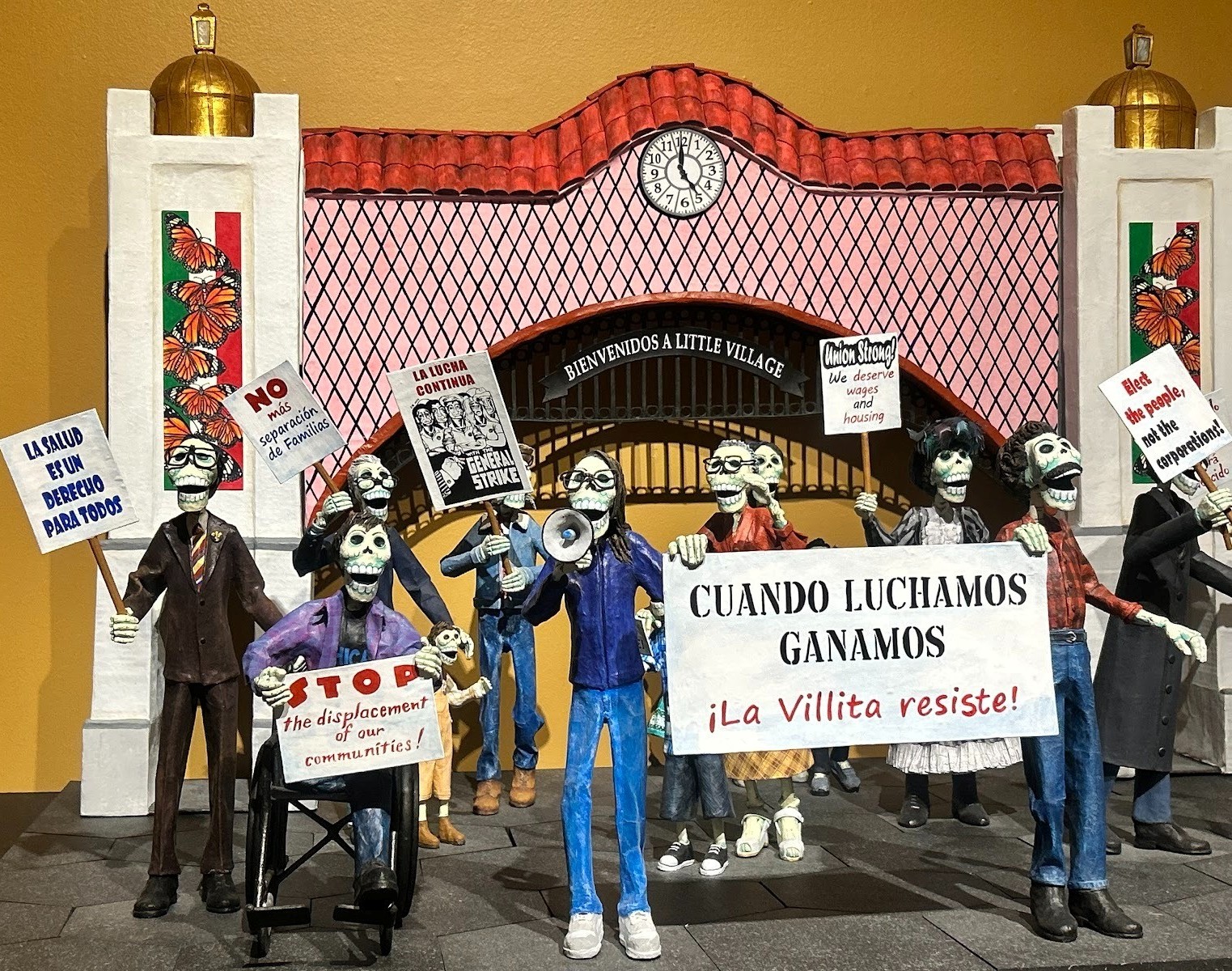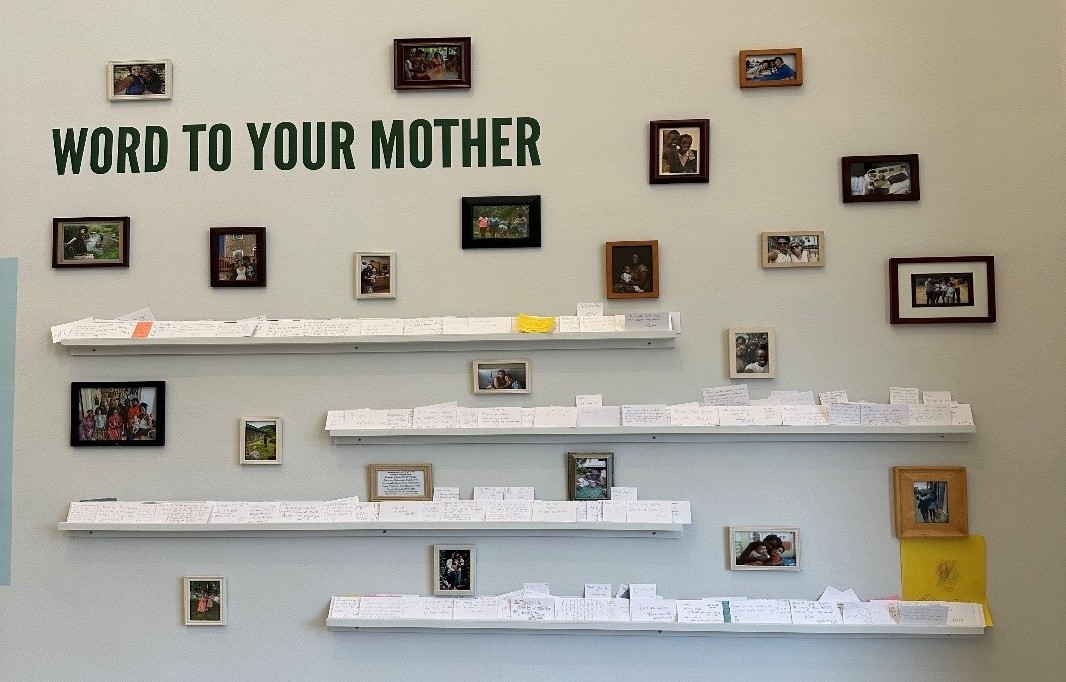Story by Erica Christoffer and Becky Schlikerman
May 19, 2008 – More than two-thirds of Chicago’s City Council committees consistently break Illinois law by keeping inadequate records that make it difficult if not impossible for the public to get even the most basic information about how its government works – harming citizens and the democratic process, experts say.
An investigation by Chicago Talks and published jointly with The Beachwood Reporter found that 14 of the city’s 19 committees routinely violated the Open Meetings Act over a four-month period by not keeping adequate written records of their meetings.
Keeping accurate minutes is crucial to ensuring openness in government, said Heather Kimmons, assistant public access counselor for Illinois Attorney General Lisa Madigan.
Minutes must be kept “so that there’s a record of what was discussed and the workings of government are made transparent and accessible to anyone who wants to know,” said Kimmons, whose office oversees the public’s right-to-know laws in Illinois.
The lack of detailed record keeping is a control issue meant to hinder citizens’ awareness and empower city officials, said Dick Simpson, a former Chicago alderman and head of the political science department at the University of Illinois at Chicago.
“They don’t want to get citizens too deeply involved,” Simpson said.
While state law specifically states “all public bodies shall keep written minutes of all their meetings,” several committees do not keep these records at all.
Staffers for nine committees say they tape record meetings. But tape recordings don’t satisfy the legal requirement that written minutes be produced and made available to the public, said Kimmons.
And in some cases, it’s no easy feat for taxpayers to hear those recordings they paid for.
A person must submit a Freedom of Information Act request to the city’s law department before reviewing the tapes produced by the Health Committee, said legislative aide Leo McCord. (In fact, the attorney general’s office says such a request is not required under state law.)
The Police and Fire Committee keeps transcribed minutes from only certain meetings, as determined by its chairman, Ald. Isaac Carothers (29th), said Patrice Johnson, committee secretary.
But Kimmons said public bodies in Illinois must keep a written record of every meeting, including the names of each member who attended as well as those who were absent, a summary of everything that was discussed and a record of all votes that were taken.
Steve Beckett, a Champaign County Board member and law professor at the University of Illinois at Champaign-Urbana, said audio-recorded meetings don’t comply with the law because there isn’t anything preventing government officials from starting and stopping a tape whenever they want.
And, Beckett added, a tape recording is “meaningless” if the voices aren’t recognizable.
It is difficult to know who’s talking on the recordings of the few dozen committee meetings reporters audiotaped in fall 2007 as part of the ChicagoTalks/Beachwood Reporter investigation.![]()
Just four of the Chicago City Council’s 19 committees – Aviation, Budget and Government Operations, Finance and Zoning – keep hard-copy transcriptions of the meetings, complying with the law.
The committee that made its minutes most readily available was Aviation. For its Dec. 10, 2007, meeting Committee Secretary Connie Bastone produced three pages of notes – all of which is available at the city clerk’s office.
Some committee staffers point to summary reports, the brief description of the items discussed, that have to be filed with City Clerk Miguel del Valle, as meeting the legal requirement that minutes be kept.
Summary reports could possibly be legal, the attorney general’s Kimmons said, as long as each contains the time, date and place of meeting and who was present.
But some of that basic information required under state law was missing when reporters reviewed summary reports filed for the last four months of 2007.
Take the Health Committee, which recommended at its Nov. 20, 2007, meeting to ban live chickens from residential areas of the city.
Witnesses may have testified for and against the proposal, committee members may have debated the issue.
But this is all that appeared in the summary report from that November meeting: “The measure was passed with no dissenting votes.”
When the ban reached the full City Council, enough aldermen opposed it that it was sent back to the Health Committee, where no action has been taken.
Jay Stewart wonders what other information doesn’t get documented.
As executive director of the Better Government Association, Stewart testified in May 2007 before the Special Events and Cultural Affairs Committee about a controversial public art program.
He was surprised to find that none of his remarks were included in the written record.
“If you looked at just the committee reports, you would have thought the bill was introduced and there was no conversation, a vote occurred, that was it,” Stewart said
In fact, Stewart said, several people spoke for and against the measure, which the full City Council eventually passed.
He and other advocates for openness in government say the lack of information could lead to legal problems for the city – and ultimately, taxpayers.
The minutes are critical for those who can’t attend these committee meetings “to have a vague notion of what occurred … and where their tax dollars are being spent,” Stewart said.
But Ald. Margaret Laurino (39th) said her Economic, Capital and Technology Development Committee simply doesn’t have the money to keep written minutes.
That’s true, said Ald. Carrie Austin (34th), chairwoman of the Budget and Government Operations Committee. Only the larger committees, with bigger budgets, can afford to hire court reporters to produce an official transcript of meetings, Austin said.
That doesn’t sit well with Natalie Brouwer, community lawyer at the Elmhurst-based Citizen Advocacy Center, a nonprofit legal organization that promotes civic involvement.
“It’s kind of stunning,” Brouwer. “It’s not a gray area. It’s not ambiguous. They have to keep written minutes.”
Laurino said she makes sure a tape recorder is running every time her committee meets, which is most every month. And if the public wants to take a gander at those recordings kept at her City Hall office, they are welcome to, she said.
Compared to the 35-member Finance Committee, she said her 14-member panel lacks size and significant issues to warrant the presence of a court reporter: “My committee doesn’t have the wherewithal to do that.”
To find more detailed information, Laurino suggested that members of the public seek out the advocates who testified at a meeting or are aligned with a specific point of view.
But that information is not part of the summary reports and is available only on the audiotape, assuming a recording was made.
Stewart commends the alderman for suggesting the public educate itself on its own but said that doesn’t excuse the city from following the law.
“How do you find out what the city is doing?” Stewart said. “That’s not anyone else’s responsibility.”
Many other cities, some much smaller than Chicago, follow the state law. The Champaign County Board, which represents less than 200,000 people, doesn’t hire an outside transcription firm to produce the minutes. One of the board’s administrative assistants takes the record, said board member Beckett.
The 27-member board keeps transcribed minutes and a recording of all the meetings of its 19 committees and boards, plus summary reports, said law professor Beckett.
Because most of the Chicago City Council committees don’t comply with the law, misdemeanor charges could be brought against individual members by the Cook County State Attorney’s office, Brouwer said, with a maximum penalty of $1,500 and up to 30 days in prison. A civil lawsuit also can be filed within 60 days of the law being broken.
“That’s one of the problems with the Open Meetings Act: the weakness of the penalties,” said Brouwer. “It is never pursued by the state attorney’s office; they have bigger fish to fry.”
Elected officials in New York City handle it differently.
The New York City Council’s 35 committees keep an audio tape and printed minutes of each meeting that include the names of the members present, a description of the matter being considered as well as any other pertinent information, as required by the council’s own rules, Anthony Hogrebe, a City Council spokesman, said in an e-mail. Some committee meetings are also video taped.
“It’s really important that the public have trust in their government, and this is one way to assure it,” Beckett said.
But Stewart of the Better Government Association notes: “Transparency isn’t exactly the hallmark of Chicago politics.”
Contact Becky Schlikerman at beckyschlikerman@gmail.com or Erica Christoffer at ericanoel@hotmail.comericanoel@hotmail.com. Or call 312-344-8907.
Investigators also found the four Chicago City Council’s committees conducted business last fall without the required number of members present, as required by Illinois law. To read that story, click here.
Categories:
Citywide Local Politics Public
Tags:
chicago city council illinois open meetings act






Be First to Comment